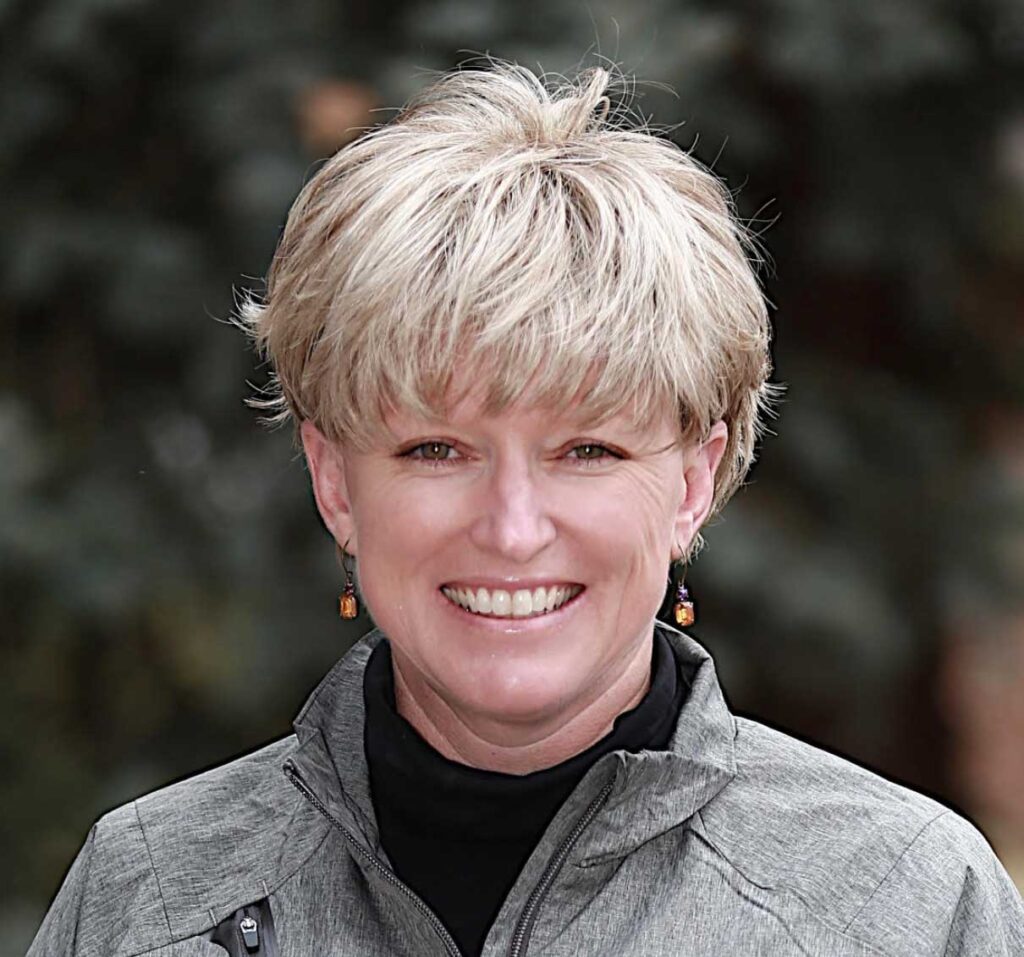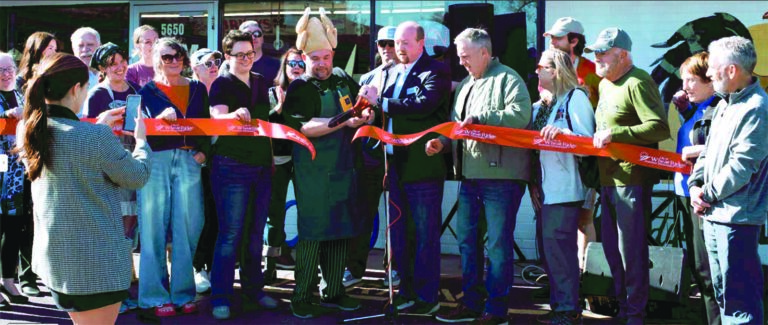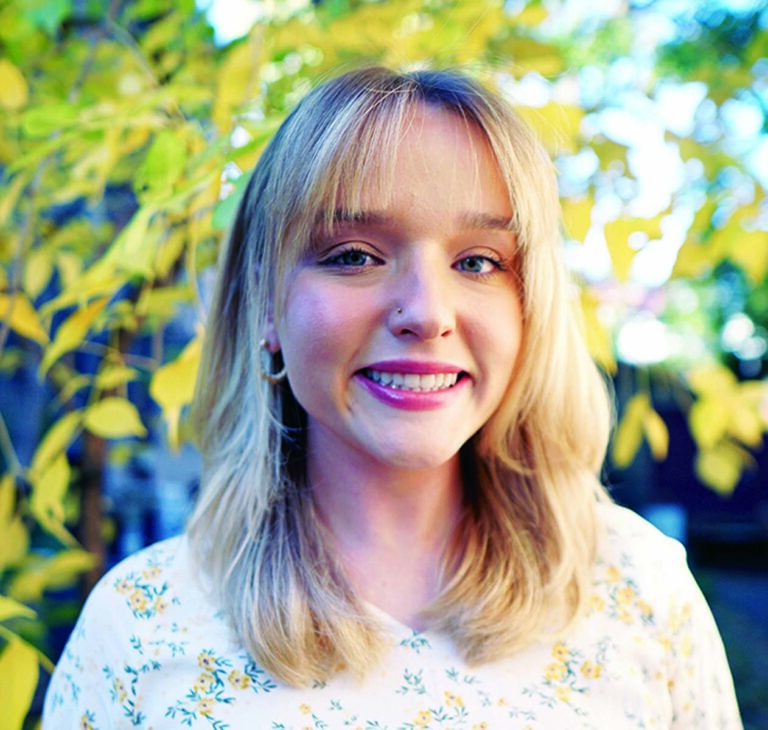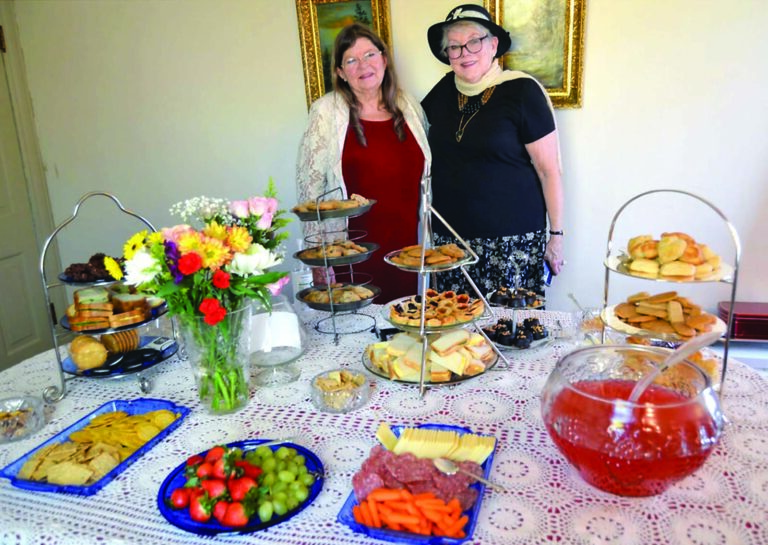Recently, my across-the-street neighbor stopped by to chat while I was pulling dandelions in my front yard. (Anyone else overwhelmed by all the !#@ weeds?) He walks his adorable dog by my corner daily, always waving “Hello” as he passes. After small talk, he shared he was grieving the death of a friend; they’d known each other since middle school. His grief was clearly affecting him and I’m grateful that, as neighbors, simply listening can bring comfort.
But, I’m not just his neighbor, I’m also his city councilor so he brought up the topic of homelessness. He’s very concerned about people camping along Clear Creek. For him, the issue is literally in his backyard as his house backs to the greenbelt. During our conversation about homelessness, he tentatively brought up rampant drug use, mental health issues, and people refusing help. These are common mischaracterizations of unhoused people, so I responded with the data we have and a reminder that we can’t begin to improve the issue by limiting the solutions based on a small subset of the people impacted.
Did either of us change our minds after the conversation? Probably not. But we heard each other, even if we don’t agree, and I’m a better-informed elected official because he was able to share his perspective.
We are living in polarized times. Everyone is navigating how to interact in this age of political correctness and cancel culture and extremism. Many people feel they can’t say anything out of fear of being perceived as racist or sexist or elitist or whateverist while others feel they have to yell their opinions everywhere they can to be heard.
Everyone has the freedom and the right to express their opinions. But how you choose to exercise that right will either contribute to making your community a better place or contribute to the hostility that fuels divisiveness. Outrage doesn’t build community, and assuming your perspective is the right one invalidates someone else’s lived experience.
Learning how to listen to and appreciate other perspectives will often open doors to better understand your own. My neighbor and I have very different political views but we share a corner, we both care about our city and I care about him as a person who I interact with almost every day.
I encourage you to meet your neighbors at the corner, where you are free to believe what you believe, where your neighbor is free to believe what they believe, where you can listen to one another, and where you can be accountable for how you respond. The corner is a place where you don’t have to agree, but you can at least try to understand by listening so we can work together to keep Wheat Ridge a special place to live, work and play.
Contact Wheat Ridge Council District II representative Rachel Grace Hultin at 303-667-0609 (cell).






